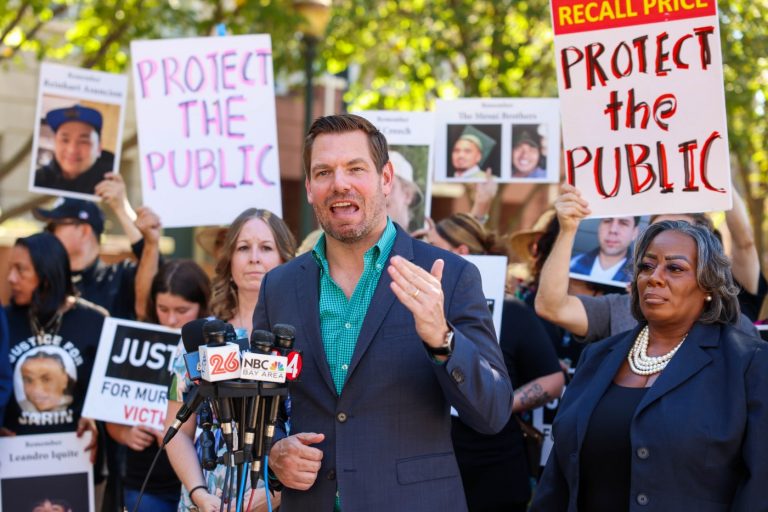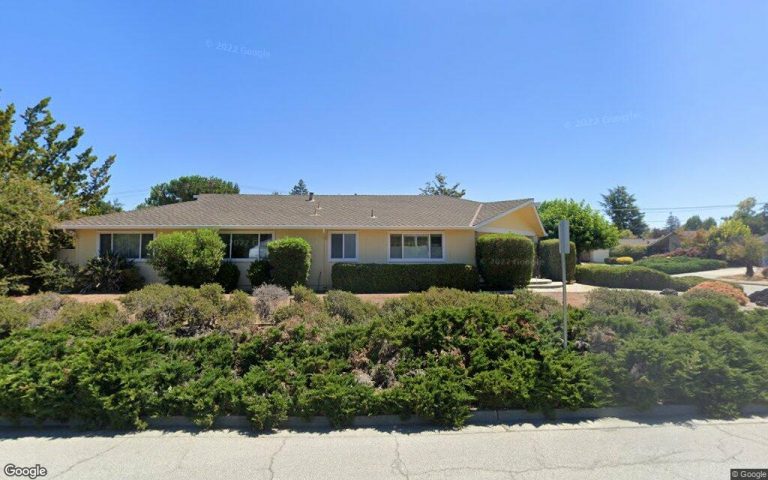In the past three years, El Monte’s effort to shut down illegal marijuana growers and dealers has brought in $1.2 million for the city, nearly the same amount the city generated from taxing legal cannabis businesses in the same time period.
Since 2020, El Monte has launched 62 lawsuits against property owners and tenants growing and selling cannabis out of homes and warehouses throughout the city, according to David Welch, an attorney hired by the city to handle the civil cases. The El Monte Police Department was conducting almost weekly raids on illegal cultivators at the time, but the decriminalization of marijuana in California made criminal charges an ineffective deterrent, Welch said.
“The city was inundated,” Welch said. “The idea behind civil enforcement is that we go after the object of the illegal activity, which is the money they intend to make. The penalties can be significant.”
Of the lawsuits, roughly half have been settled, records show. The defendants in each case, either through a stipulation or a judgment, also must agree that they will not operate in the city again.
El Monte police seized about 250 marijuana plants and another 80 pounds of harvested pot from a residential garage in the 3100 block of Granada Avenue on Jan. 4, 2018. (Courtesy, El Monte Police Department)
The largest settlement, as of November, brought in $200,000, records show. Police in that case executed a search warrant on a Granada Avenue home in January 2018 in response to an anonymous tip and discovered 250 rooted plants and 80 pounds of marijuana in a converted garage.
The investigation led to raids at two other properties connected to the same defendants.
In each of the civil enforcement cases, the city went after everyone involved, including the landlords and the residents. Tens of thousands of plants of illegally grown marijuana have been confiscated as a result of El Monte’s crackdown, Welch estimated.
Police discovered 5,478 marijuana plants inside a commercial building in the 9000 block of Telstar Avenue on April 13, 2023. The plants had an estimated street value of more than $2 million. (Photo courtesy of the El Monte Police Department)
The settlements cover legal costs, pay for police overtime and boost the city’s general fund, according to officials. The civil enforcement program’s success, meanwhile, has highlighted the city’s underperforming legal cannabis industry.
El Monte has issued 11 licenses to cannabis retailers, manufacturers and distributors since 2020. That same year, voters approved a 5% tax on the gross receipts of cannabis retailers, a 3% tax on cultivators and manufacturers and a 2% tax on distribution and testing. The ballot language estimated the taxes would generate “approximately $3,500,000 annually” for public safety, parks and recreation, and youth programs.
Records provided by the city indicate that only three businesses — two retailers and a distributor — had opened by the end of fiscal year 2022 and only one more had opened by the end of fiscal year 2023. The taxes on those businesses amounted to $341,173 in the first year and $1,010,665 in the second, the records showed. At least one other retailer has opened since then, bringing the total active dispensaries in the city to four.
Though four cultivation licenses were issued, there were no reported revenues from cultivation in either fiscal year.
Market saturated
City Manager Alma Martinez blames the lagging tax revenues on two factors: some of the businesses have taken longer than expected to open and the market has become saturated as cities throughout Southern California have opened their doors to the cannabis industry.
Martinez declined to estimate how much the businesses would bring in once they become fully operational.
“Based on the new market reality, I believe we have to adjust our numbers,” she said.
Critics blame the city’s selection process for allegedly stifling competition. Two of the six licenses awarded went to Catalyst Cannabis, whose proponents pushed to legalize cannabis in El Monte. Two others went to companies tied to Sigrid Lopez, a local lobbyist.
Each has opened only one of the two locations awarded licenses.
Attorneys David Torres-Siegrist and Jayan Hong sued the city after their client, FEAH LLC, did not receive a license and alleged that the process was flawed and potentially corrupt. A judge threw out the case in October, saying that while he found some of the city’s decisions “concerning,” he wasn’t convinced that anyone was treated unfairly.
FEAH now plans to appeal that decision, the attorneys said.
“There’s no reason that only three or four are running and not all of the applicants that got through are operational yet,” Hong said. “It doesn’t take much to get a retail store up and running.”
Tax figures disputed
Related Articles
The first 10 years of legal marijuana in Colorado were a wild ride. What will happen in the next decade?
Suspect identified in killing of Oakland police officer during brazen dispensary burglary
In 2024, California employers can no longer punish employees for using marijuana outside work
Fatal shooting of Oakland police officer renews fears of crimes around Bay Area cannabis shops
East Bay man charged with selling pot to minors, cops seize $65,500
Torres-Siegrist and Hong also expressed concerns with the tax figures released by the city. The spreadsheet, which redacted the names of each business, indicates one of the retailers made $2 million in a single quarter from medicinal sales alone, though every other company reported less than $200,000 in the same category.
Only one company had higher revenues from sales of recreational cannabis that quarter.
Martinez said the city plans to audit all of the operators this year to ensure that they’re in compliance with the terms of their licenses. The licenses required each business to open within a year, but Martinez said some businesses received extensions due to delays.
The two unopened dispensaries are still making progress, she said.
The planned audit will check the companies’ receipts to determine whether they are properly reporting their revenues and ascertain whether they’ve paid the funds they pledged to give to local organizations as part of a “community benefits” portion of the application process.
El Monte, which awarded the highest scores to those who pledged to donate directly to its coffers, has received about $320,000 in “community benefit” payments, according to the city. Though the spreadsheet released by the city indicated payments hadn’t been made since March 2023, Martinez said all of the companies are now current as of January.
“They have to renew their business license this year,” Martinez said of the licensed operators. “If they’re not up to par, their business license will not be renewed.”













+ There are no comments
Add yours